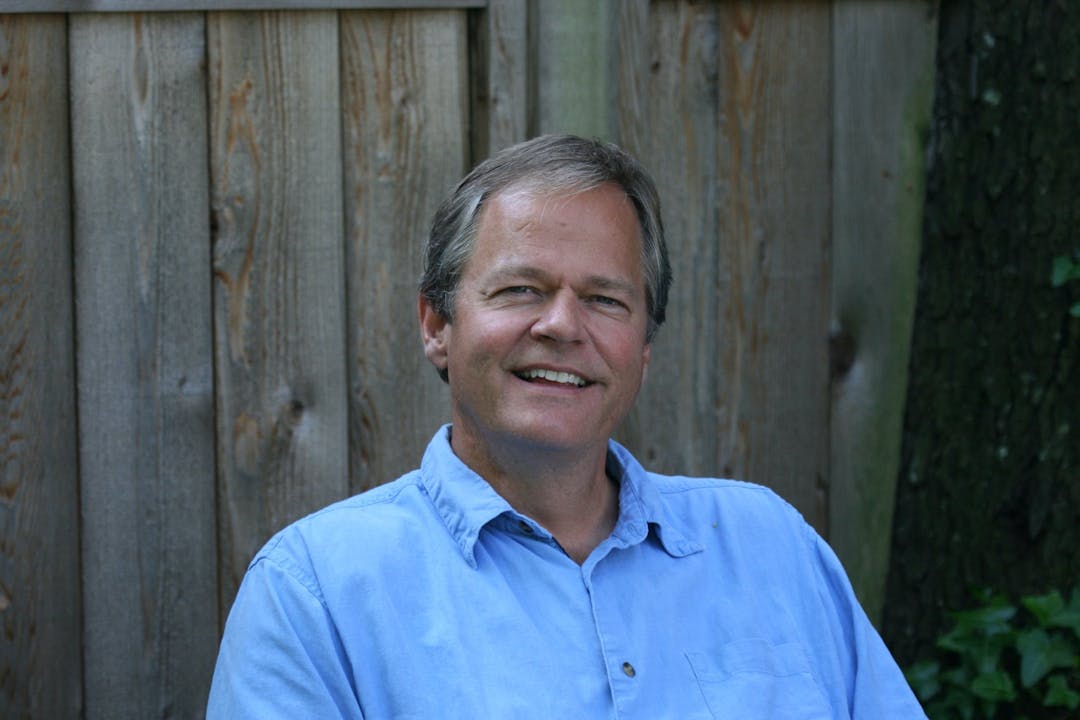
Show 1234: How Microbes Evolve to Become Enemies or Allies
Description
The SARS-CoV-2 coronavirus behind COVID-19 is changing. This should not be a surprise, since microbes evolve by nature. What implications might this have for the infection in future months? We speak with an evolutionary biologist to see how his perspective can illuminate the pandemic.
How Do Microbes Evolve?
SARS-CoV-2 is a coronavirus that evolved initially in bats. How can microbes that have adapted to one species leap into a different species–say, from a bat to a pangolin or a human being? What sorts of changes will it make along the way? We consider other examples of microbes that have moved to new host species. What does this suggest about COVID-19? In addition, we'll look at the interaction with our immune systems as microbes evolve.
Are Microbes the Hidden Cause of Some Chronic Diseases?
A number of chronic conditions that are difficult to treat may be traced in part to infection with certain microbes. Some doctors don't believe patients suffer chronic Lyme disease. In this case, they recognize the pathogen, Borrelia burgdorferi, but no one has proven it causes the persistent health problem. On the other hand, many clinicians doubt that there are microbes behind chronic fatigue syndrome. Unfortunately, researchers have not yet identified them conclusively. Moreover, although scientists have demonstrated links between heart disease and oral microbes, few cardiologists test their patients for these germs.
Initially, we consider some important questions. How would microbes evolve from agents that cause acute illness to those that cause chronic disease? What role do our immune systems play in these developments? Furthermore, what does this mean for people recovering from COVID-19? We worry that when microbes evolve, some individuals may end up suffering long-haul coronavirus symptoms. Finally, how can evolutionary biology help us understand such issues more fruitfully?
This Week's Guest:
Paul Ewald, PhD, is an evolutionary biologist, specializing in the evolutionary ecology of parasitism, evolutionary medicine, agonistic behavior, and pollination biology.
He is Professor of Biology at the University of Louisville, in Louisville, Kentucky. His books include Plague Time: The New Germ Theory of Disease and Evolution of Infectious Disease.
Confidence
Thank you for sharing your thoughts about one of our products! Please focus on the product performance and quality. Please read our Privacy Policy and Terms of Use for more information about the review process.
